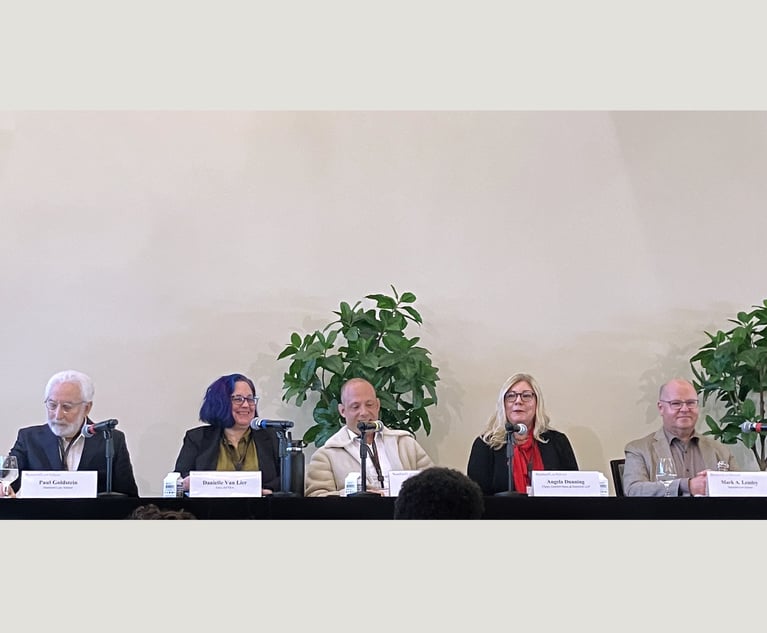With the impending advent of 5G cellular technology in a wide variety of devices, the licensing of standard essential patents (“SEPs”) will become more important than ever. Companies wishing to incorporate 5G technology into their products, however, may be surprised to find that owners of cellular SEPs are often unwilling to license their patents to the companies that make the cellular components, such as modem chips. Instead, holders of SEPs related to cellular standards (2G, 3G, 4G LTE, 5G NR) have often demanded royalty payments from the companies that incorporate the cellular components into end user devices. For example, SEP holders have demanded royalties from automakers that incorporate cellular components into their vehicles, while refusing to license the manufacturers of the cellular components themselves. SEP holders have argued, among other things, that it is more efficient to license the companies that make end-user devices. In reality, however, this strategy is designed primarily to justify demands for higher royalty payments and results in numerous inefficiencies. These inefficiencies will increase substantially in the context of 5G SEP licensing, given the wide variety of devices that are expected to incorporate 5G technology.
Background
5G standards vastly improve the speed and reliability of cellular communications. Among other applications, 5G technology will facilitate machine-to-machine communications, which is a key building block of the Internet of Things (“IoT”). 5G technology will also be deployed in industrial equipment to enhance reliable communications and inter-operability among equipment. We thus anticipate an explosion in the use of cellular communications, as more companies will find ways to incorporate 5G functionality into a vast array of devices that did not previously use cellular technology.


 TPROduction/Shutterstock.com
TPROduction/Shutterstock.com







